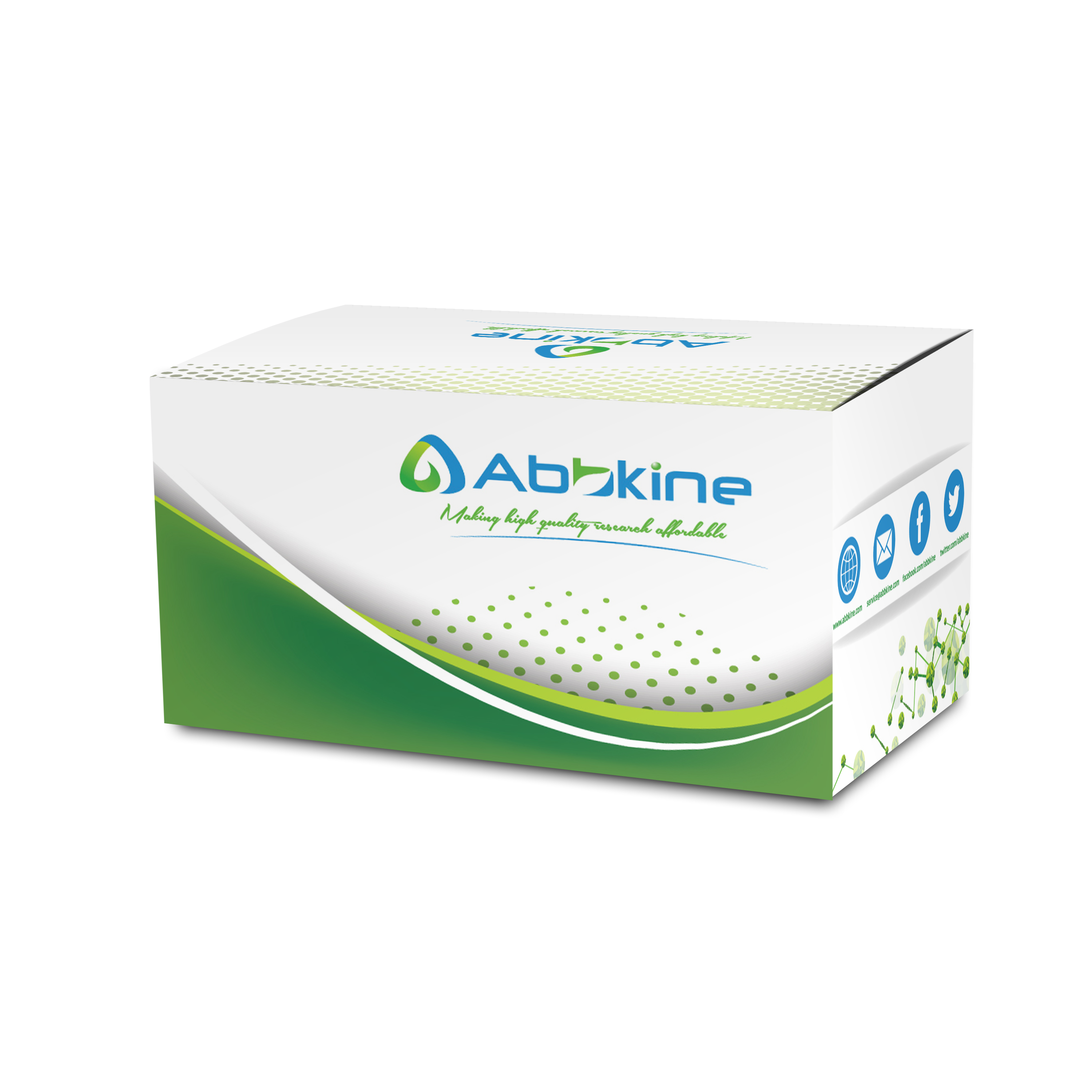| Product name | CheKine™ Micro Creatinine (Cr) Content Assay Kit |
| SampleType | Animal Tissues, Serum, Plasma, Urine, and other liquid samples |
| Alternative | Creatinine(Cr) |
| Kit components | • Reagent I •Reagent Ⅱ •Standard |
| Features & Benefits | The verified samples are complete in type and easy to operate. |
| Calibration range | 20-8,000 µmol/L |
| Limit of detection | 20 µmol/L |
| Usage notes | • If not assayed immediately, samples can be stored at -80°C for one month.• It is recommended to perform several dilutions of your sample to ensure the readings are within the standard value range.• Fresh samples are necessary for good results. If don't perform the assay at the same time, it's better to complete the Sample Preparation step before storing the samples. |
| Storage instructions | Stored at 4℃ for 12 months, protected from light |
| Shipping | Gel pack with blue ice. |
| Precautions | The product listed herein is for research use only and is not intended for use in human or clinical diagnosis. Suggested applications of our products are not recommendations to use our products in violation of any patent or as a license. We cannot be responsible for patent infringements or other violations that may occur with the use of this product. |
| Background | Creatinine is a metabolic byproduct of muscle metabolism in the human body and is primarily excreted through glomerular filtration by the kidneys. The sources of creatinine in the blood include both endogenous and exogenous components. Serum creatinine is almost entirely filtered through the glomeruli into the primary urine and is not reabsorbed by the renal tubules. The daily production of endogenous creatinine remains almost constant, and when the intake of exogenous creatinine is strictly controlled, the serum creatinine concentration reaches a stable value. Therefore, measuring the serum creatinine concentration can reflect the glomerular filtration function.CheKine™ Micro Creatinine (Cr) Content Assay Kit provides a simple, convenient, and rapid method for detecting creatinine content, suitable for liquid samples such as animal tissues, serum, plasma, urine, etc. The principle of this assay is based on the hydrolysis of creatinine to creatine by creatinine amidohydrolase. Creatine is then converted to sarcosine and urea by creatine amidinohydrolase. Sarcosine, one of the products, is oxidized by sarcosine oxidase to generate sarcosine, hydrogen peroxide, and formaldehyde. Finally, the hydrogen peroxide reacts with chromogenic substrates 4-aminoantipyrine and F-DAOS under the catalysis of peroxidase to produce a red quinimine compound. Since quinimine has a maximum absorption peak at a wavelength of 546 nm, within a certain concentration range, the change in absorbance at 546 nm is directly proportional to the creatinine content in the sample. This kit contains anti-interference components such as ascorbic acid oxidase and EMse447, which can effectively solve the interference of endogenous and other drugs in the sample. |
| Alternative | Creatinine(Cr) |

Fig.CheKine™ Micro Creatinine (Cr) Content Assay Kit
You must be logged in to post a review.
Reviews
There are no reviews yet.